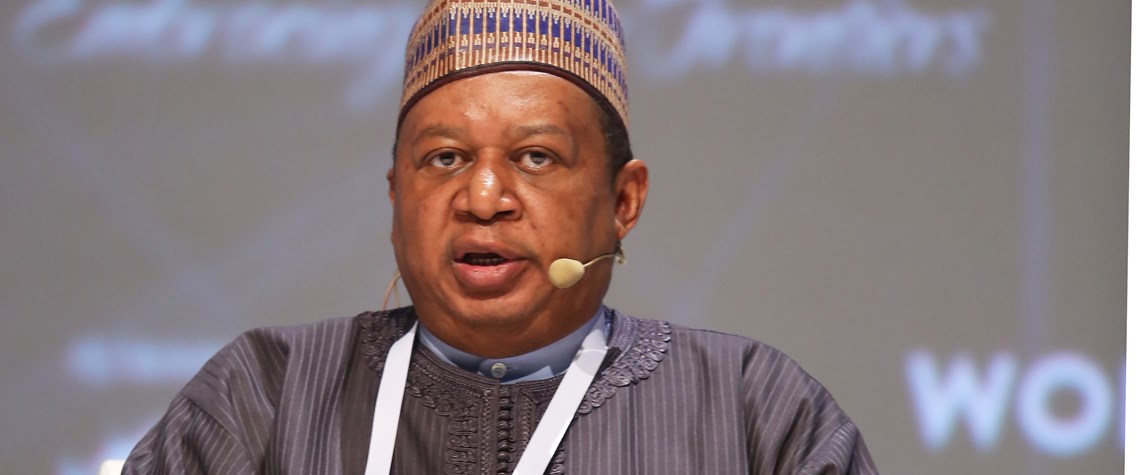Opec: more of the same
Extending the cuts for nine months is designed to kill off the stock glut, but the pledge to keep going will buoy tight oil
Opec and its partners outside the group are sticking with the plan, convinced they will succeed in eliminating the global stock glut. But in extending their deal for nine months, to end-March 2017, they have accepted the market's judgement: the rebalancing process will take longer than they wanted or expected. Had they ended the deal as planned at end-2017, Saudi Arabia's oil minister Khalid al-Falih said, Opec's producers would have added "a large slug" of supply to the market, creating another hefty stock build. Oil ministers also discussed deeper cuts in the meeting, in Vienna on 25 May, as well as a 12-month extension. But new quotas would take weeks of preparatory negotiations, which ha

Also in this section
19 February 2026
US LNG exporter Cheniere Energy has grown its business rapidly since exporting its first cargo a decade ago. But Chief Commercial Officer Anatol Feygin tells Petroleum Economist that, as in the past, the company’s future expansion plans are anchored by high levels of contracted offtake, supporting predictable returns on investment
19 February 2026
Growth in LNG supply will surpass the rise in demand in 2026 for the first time in years, according to Mike Fulwood, senior research fellow at the OIES, but lower prices are likely to encourage fuel switching and could create more demand on a permanent basis
19 February 2026
Awais Ali Butt, manager for sales and business development at Pakistan LNG Ltd, discusses LNG’s role in energy security across developing, price-sensitive economies, as well as examining trade-offs between buying strategies and the impact of lower prices and policy on import behaviour
19 February 2026
LNG’s technical maturity, availability and price, as well as regulation, have driven its rapid adoption as a marine fuel, yet its future in shipping will depend on transition policies and progress in cutting methane emissions and scaling bio- and synthetic LNG, according to Carlos Guerrero at Bureau Veritas







